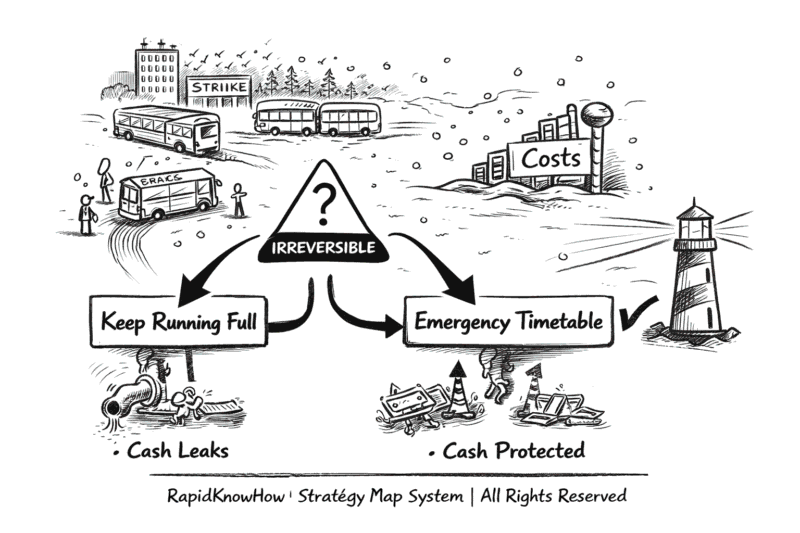Project Name: X-Gov (Government Efficiency Revolution by Elon Musk)
🎯 Goal:
Revolutionize government efficiency through AI, automation, blockchain, and streamlined bureaucracy to reduce waste, enhance transparency, and improve service delivery.
📌 Strategy:
- AI & Automation: Implement AI-driven automation for public services, reducing paperwork and bureaucracy.
- Blockchain for Transparency: Use blockchain to track public spending, prevent corruption, and ensure accountability.
- Decentralization & Direct Democracy: Leverage technology (e.g., X Polls) to give people a direct say in governance.
- Efficiency in Procurement & Spending: Optimize government budgets with Tesla-style cost-cutting and SpaceX’s rapid iteration model.
- Public-Private Collaboration: Work with private companies (Tesla, Starlink, Neuralink) to improve infrastructure and digital services.
- Digital ID & Payments: Streamline social benefits, voting, and ID systems through digital verification and crypto-friendly transactions.
✅ Current Actions Taken:
✔ AI Integration Advocacy: Musk has pushed for AI-driven automation in various industries, hinting at government applications.
✔ X Polls for Public Sentiment: Using X (formerly Twitter) for instant feedback on governance decisions.
✔ Criticism of Bureaucracy: Musk has consistently highlighted government inefficiencies, advocating for leaner governance.
✔ Starlink for Government Use: Providing internet access in remote areas, including military and emergency services.
✔ Tesla & SpaceX Efficiency Models: Demonstrating how lean operations can lead to breakthrough innovations.
📊 Current Status (2025)
- No official “X-Gov” initiative, but Musk’s influence is shaping discussions on tech-driven governance.
- Governments worldwide are exploring AI and blockchain for administration but face resistance from traditional structures.
- Starlink is actively used in Ukraine, disaster relief, and rural connectivity projects.
- U.S. government remains slow in adopting AI, but private tech firms are influencing policy.
👍 Pros:
✅ Faster & Cheaper Government Services: AI and automation reduce bureaucracy and paperwork.
✅ Increased Transparency: Blockchain prevents fraud and misuse of taxpayer money.
✅ Public Engagement: X Polls and digital voting could empower citizens.
✅ Cost Efficiency: Tesla-style optimization could save billions in government spending.
✅ Global Impact: Starlink, Neuralink, and Tesla solutions could modernize governance worldwide.
👎 Cons:
❌ Government Resistance: Bureaucracy and political interests resist rapid change.
❌ Privacy Concerns: AI tracking and blockchain-based systems could raise surveillance fears.
❌ Regulatory Barriers: Governments may impose strict regulations on AI and blockchain adoption.
❌ Job Losses: Automation could replace government workers, creating political pushback.
❌ Musk’s Polarizing Influence: Some may reject ideas simply because they’re associated with Musk.
🚀 Next Steps:
🔹 Pilot AI-Based Government Services: Test AI-driven systems for public assistance, taxation, and law enforcement.
🔹 Blockchain Adoption in Governance: Implement blockchain for budgets, contracts, and public records.
🔹 Expand Starlink for Global Connectivity: Provide fast internet access to underserved regions.
🔹 Public Engagement Platform: Introduce digital voting or policy suggestion tools via X.
🔹 Push for Leaner Bureaucracy: Advocate for tech-driven government efficiency models.
🔹 Public-Private Partnerships: Encourage partnerships between X, Tesla, Neuralink, and governments for innovation.
Would you like a more detailed roadmap or specific focus areas? 🚀





